Indeed, PET bottles are made to be remade. The only plastic that can be 100% recycled in a closed loop, from bottle to bottle, this versatile material is the complete opposite of single-use disposable plastics.
Discovered in the 1940s, PET is extremely lightweight and strong, making it ideal for the packaging industry. It is also perfectly safe for food packaging, both before and after recycling, and its use is approved by governments and organisations around the world. These qualities have led to its widespread adoption in the water and beverage sectors, with 70% of carbonated soft drinks, fruit juices, dilutable drinks and bottled water currently being packaged in PET bottles.
Why is PET not like the others?Thanks to its high recyclability, PET is the only plastic to have been awarded the #1 designation. The bottle-to-bottle loop is the industry’s goal. In fact, PET can contain up to 100% recycled content, which means that in the future, all bottles could be made from recycled PET (rPET). Again and again.
Currently, around 58% of bottles are recycled in Europe. We need to improve this situation if we want to increase the number of bottles made with rPET. By 2025, all PET bottles will be made from at least 25% recycled PET and by 2029, at least 9 out of 10 PET bottles will be collected for recycling.
The industry is ready to help deliver a more sustainable future for packaging . We are investing heavily in deposit return schemes (DRS) and recycling. We currently have the capacity to recycle an additional 11 billion bottles each year, but improving collection rates is essential to make the most of this.
We want to use more rPET in our production. To do this, we need to recover our bottles. Every PET bottle sent to incineration or landfill is a waste of valuable resources. A more sustainable future is possible and PET recycling can help us get there.
The industry has also worked to improve the design of its PET bottles, reducing their weight by 40% since 2000. This improvement means that more food and drinks can be delivered with less plastic. Products transported in PET packaging therefore have a lower environmental impact than others, as they require less fuel to transport.
What is the most sustainable packaging material?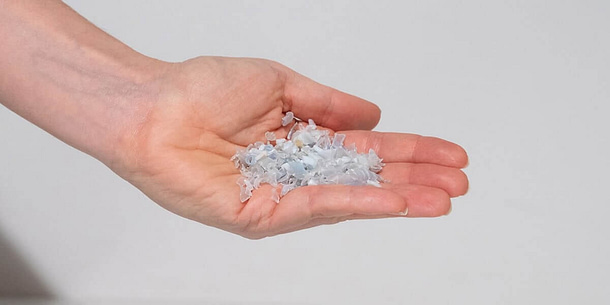
But it's not just other plastic packaging that PET outperforms, it also has advantages over alternatives such as glass and aluminum.
PET can be recycled quickly and requires much less energy than glass and aluminium, meaning it produces up to 75% fewer greenhouse gas emissions. It’s clear that choosing PET and recycling it is the sustainable option. And with its 100% recyclability, you can make that choice, again and again.
Although the aim is for every PET bottle to be remade into another bottle, sometimes the quality of the plastic deteriorates over its lifespan due to its use or the recycling process. While deteriorated PET cannot be used for food or beverage packaging, its high recyclability means it can still be reused for a number of other purposes.
rPET that cannot be used to make new bottles can still be used to make polyester fibers. rPET products are used by car manufacturers to make interiors and car parts like seat belts.
rPET is also versatile enough to have a number of uses in the fashion industry. The fabric can be used to make t-shirts and thermal underwear, as well as luggage and bags and even the soles of our Caussün slippers.
PET is made to be remade . Every bottle thrown away is a missed opportunity to turn this precious material into something useful. Let's stop the waste. Recycle #1.
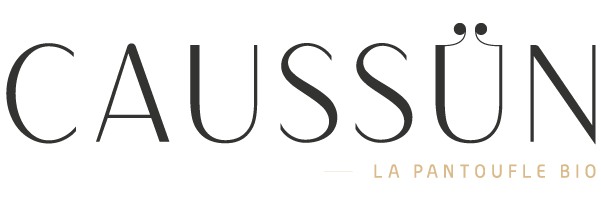

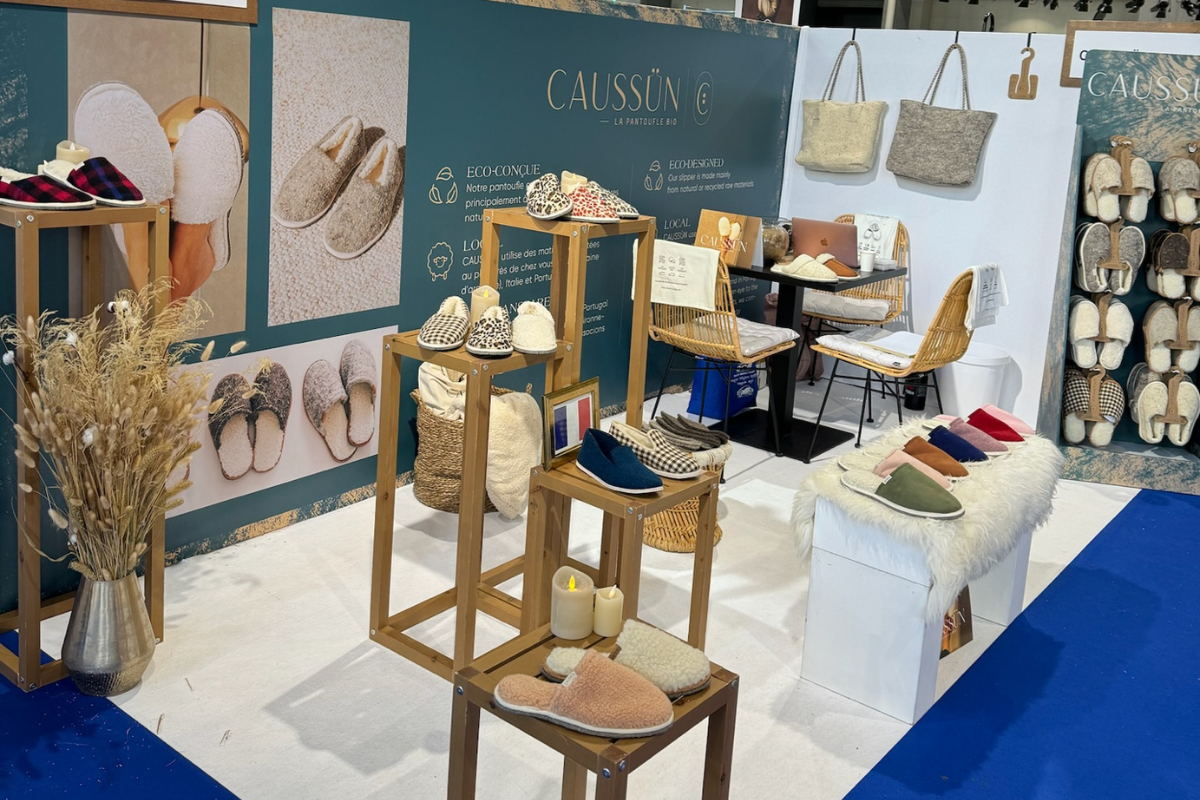
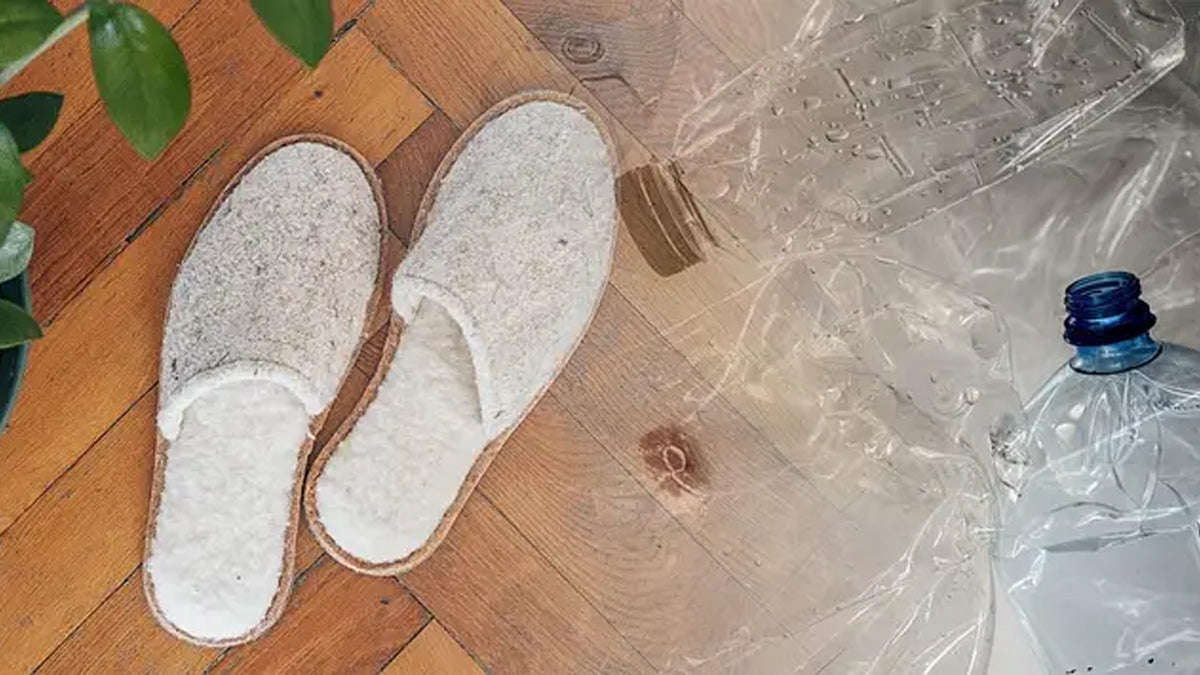
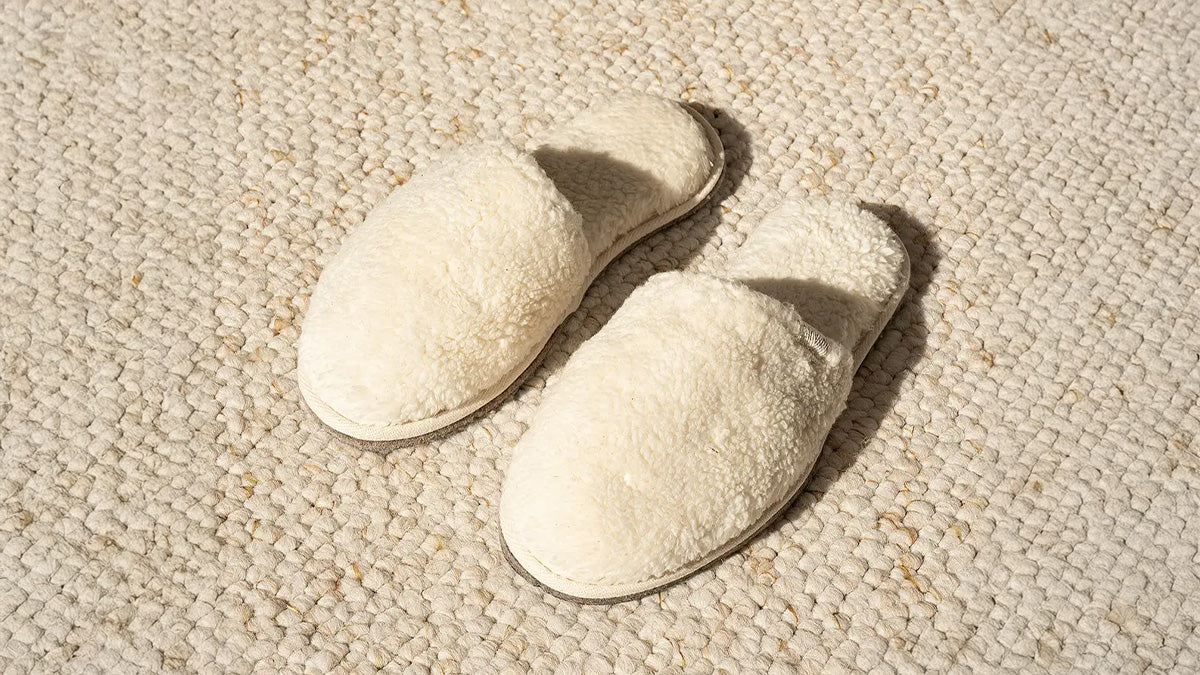
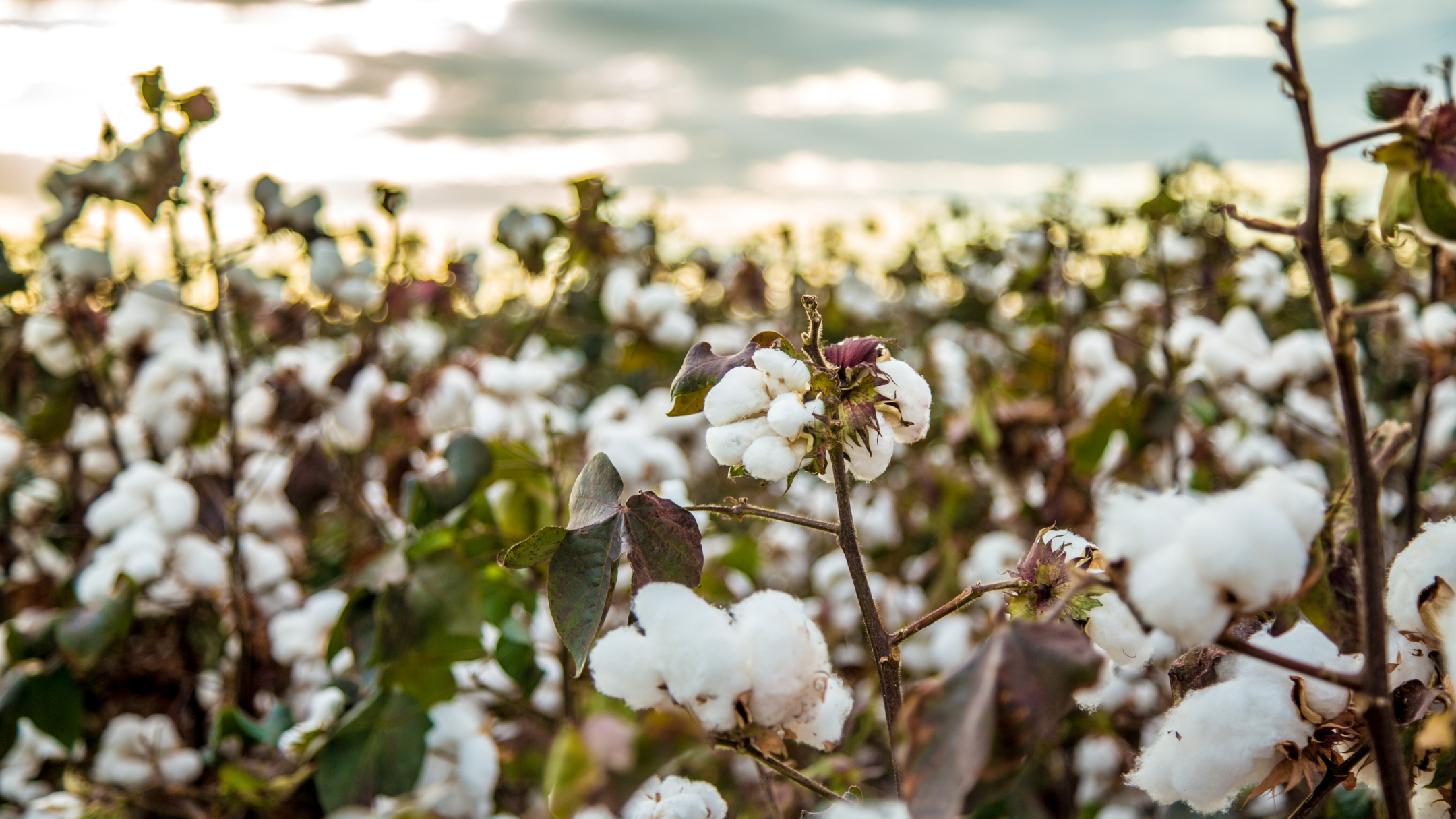
Leave a comment
This site is protected by hCaptcha and the hCaptcha Privacy Policy and Terms of Service apply.